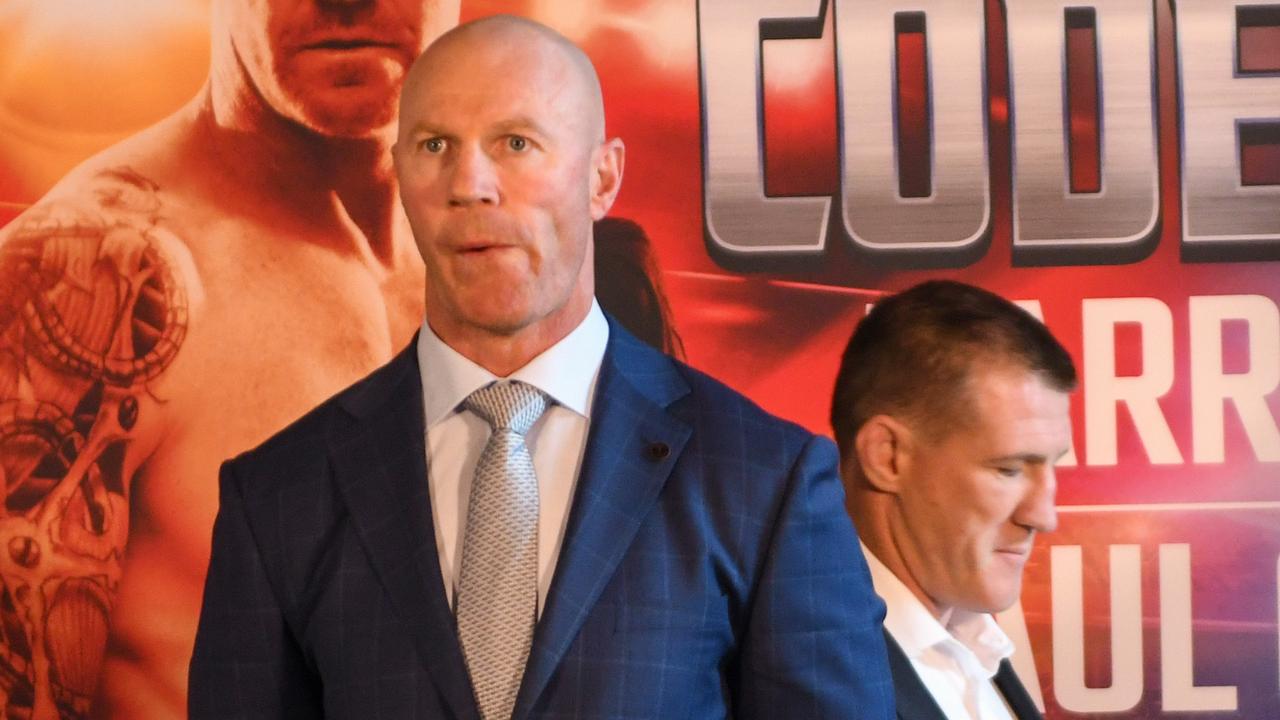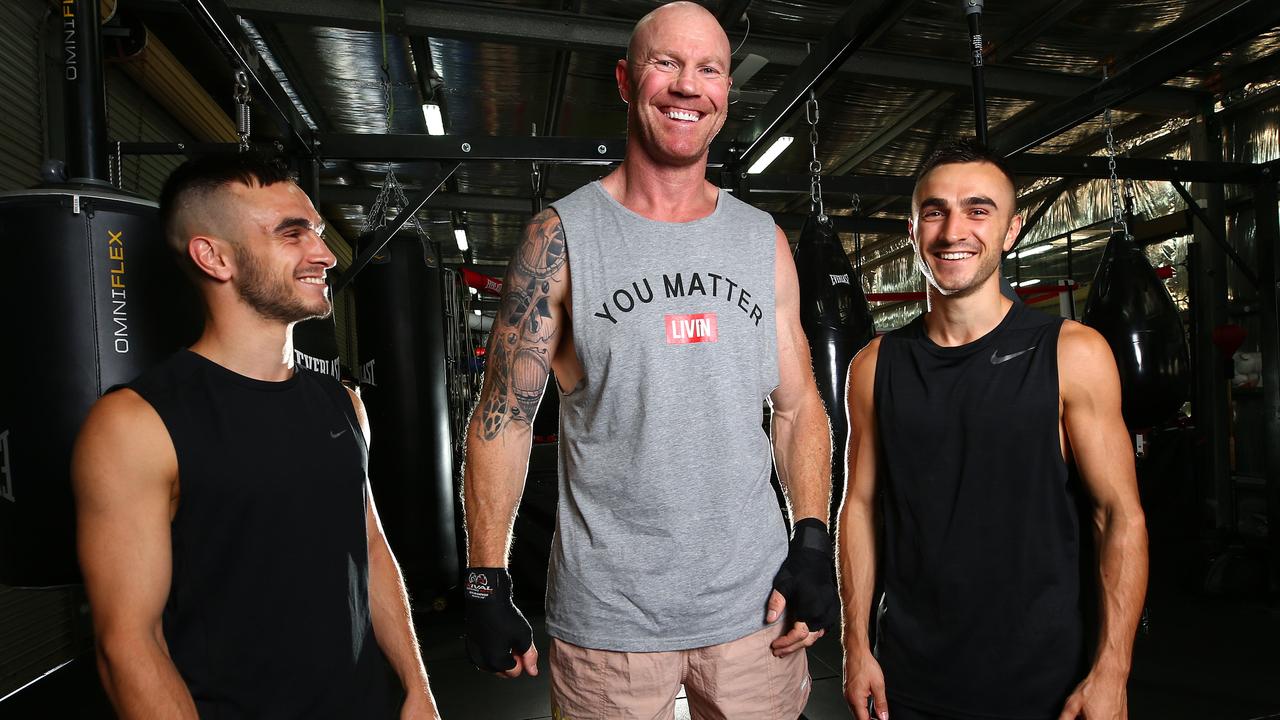Gold Coast drugs crisis: AFL club bosses want overhaul of illicit drugs policy
MOVES to overhaul footy’s illicit drugs policy gained urgency on Wednesday as the Gold Coast Suns crisis deepened.

AFL
Don't miss out on the headlines from AFL. Followed categories will be added to My News.
MOVES to overhaul footy’s illicit drugs policy gained urgency on Wednesday as the Gold Coast Suns crisis deepened.
Club bosses said it was time for a tightening of the decade-old three strike system.
“The club needs to know a lot earlier so that we can be involved,” Hawthorn president Andrew Newbold told the Herald Sun.
“Whether that’s after one or two strikes, I don’t know, but we’d be pushing as hard as possible that if the player gets a strike, then we should know.”
Brisbane Lions boss Greg Swann said: “There was certainly a feel at the last chief executive conference that the policy needed to be tightened and there needed to be more accountability — and that’s the path we’re going down.’’
It came as football legend Kevin Bartlett declared drugs had become a safer option for AFL players to use than alcohol.
Bartlett cited recent drinking-related suspensions imposed on AFL stars including Geelong’s Steven Motlop and host of Gold Coast players.
“It seems to me it’s better to do drugs in the AFL than to drink,” Bartlett told SEN.

“Unless you are picked up by police, the chances of three strikes are very, very remote.
“Gold Coast could have maybe up to 12 players involved in cocaine snorting with Karmichael Hunt.”
Players recording a positive test for illicit drugs are protected under anonymity provisions in the AFL drugs code until a third breach.
HUNT: CODE-HOPPER NAMES 12 SUNS PLAYERS
RELATED: QCCC HAS NO PLANS TO CHARGE SUNS PLAYERS
ROBBO: GOLD COAST IN CRISIS, BECOMING AN EMBARRASSMENT
RELATED: AFL TO ACT ON HUNT’S COCAINE CLAIMS
Club doctors are notified after the first and second strikes, but the information cannot be passed to other club officials.
AFL Players’ Association chief Paul Marsh said Bartlett was oversimplifying a complex issue.
“It’s important to note that the recent issues involving players and alcohol have been more about the timing of the incidents than drinking alcohol per se,” Marsh said.
“A better comparison would be to consider what would happen to a player who took illicit drugs the night before a game and in most cases any such player would be at risk of a positive test under the anti-doping policy and a possible four-year ban from the sport.”
Richmond chief executive Brendon Gale, who helped establish the three-strike code in his previous role as boss of the AFL Players’ Association, said on Wednesday night: “The three-strikes policy, I believe, was right for the time because it was evidence-based and it was based on all the best possible advice available from the field.
“Whether that policy is still appropriate ... I’ve got an open mind.”
On Bartlett’s claims, Gale said: “People with passion in the game see the events of the past few days, I think it’s quite appropriate for people to question the effectiveness of this program.
“KB is a questioning if the current model is appropriate and does it actually encourage drug taking. I think they’re valid questions, but the answers are very complex.”
St Kilda chief executive Matt Finnis, a former AFLPA boss, said a review of the policy was appropriate.
“But we should never forget that the players have entered into this policy in good faith and with the very best of intentions,” Finnis said.
“As the context changes the players have repeatedly shown a willingness to evolve the policy, and I would expect that that would continue as we consider further improvements over the coming weeks and months.”
An AFL spokesperson said on Wednesday night: “Gillon McLachlan said at the beginning of 2015 that the illicit drugs policy needed to be reviewed because of the changing nature of drug use in the community, and that there was increasing industry evidence that the policy needed changes to make it more effective.
“The AFL remains committed to a policy that is about welfare of the individual, but that also recognises players’ responsibilities and accountability to the game, to their club and to the broader playing group. The AFL is presently working with the players’ association and the clubs to make changes to strengthen the policy.”
Newbold said the Hawks wanted to help their players, not punish them.
“It doesn’t mean that everyone in the club has to know but I think some people apart from the club doctor has to know,” he said. “It gives the club the best chance of helping out.”
Asked about clubs taking control of their own drug testing, Newbold said: “I think the clubs would do a very good job with their players. Far from just throwing people out after one or two strikes, I think the clubs would work very hard at rehabilitation and the welfare side of it.”


